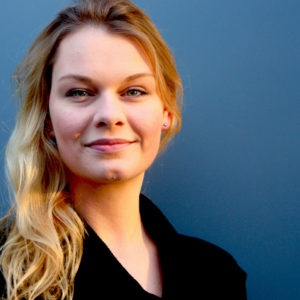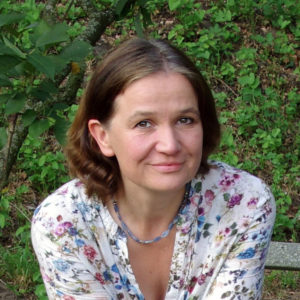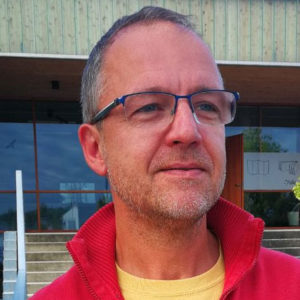Living in places where things collide
The Programme Advisory Board’s manifesto for the 2018 competition
In past times, province was often understood as a secluded spot where time ran more slowly and life went at a leisurely pace. Has that stereotype ever held true? In any case, it doesn’t anymore. The further you move away from the urban centres, the more inexorably you will get caught up in the conflicts of our present time.
The long documentaries in this year’s competition show people thrown back on themselves while trying to juggle different worlds, or the past and the future. A couple of young people from Berlin arrive on a Polish farm just to see their ideas of peace and positive energies taxed to the limit. Tradition, conservation and the tough fates of immigrants from other parts of the world collide almost without mediation in a post-mining region of East Germany. In French Guyana, people have to dream up reassurance to make it through their lives between a spaceport and the tropical rainforest. In Vietnam’s Halong Bay, conservation and tourism go along with the annihilation of long-established villages. And in Ecuador, nature is falling silent while a researcher tries to record its sounds in order to preserve them for posterity.
The films we look for are not investigative in the sense of reporting – that would be a different genre. We settle on documentaries whose protagonists and directors work together to describe a part of the difficult world we live in – in order to understand better and create something to reflect on. The quality of their collaboration shows through in the precision, calm and empathy of their films. It is hard to act sensibly amidst a world of contradictions and lesser evils. The people we see in the films are having this experience, and so are we when we join them.
Long Documentary Programme Advisory Board
Kenneth Anders / Udo Muszynski / Sven Wallrath



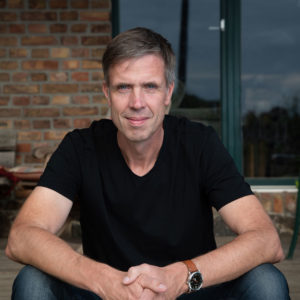
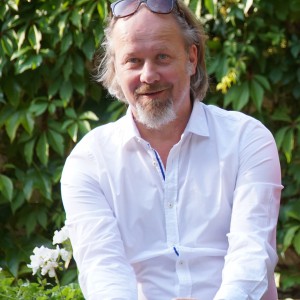
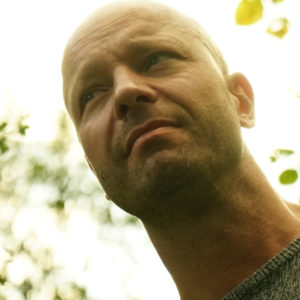
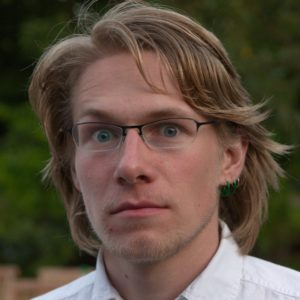
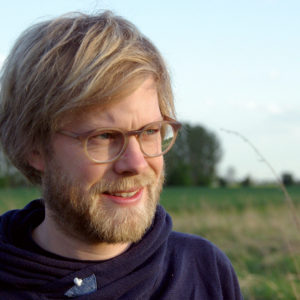

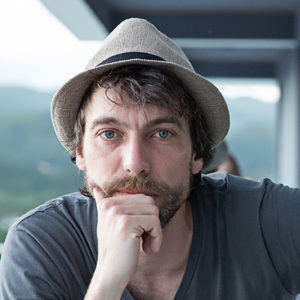

![Lars_Fischer[1] Lars Fischer](https://filmfest-eberswalde.de/wordpress/wp-content/uploads/2015/09/Lars_Fischer1-300x300.png)
